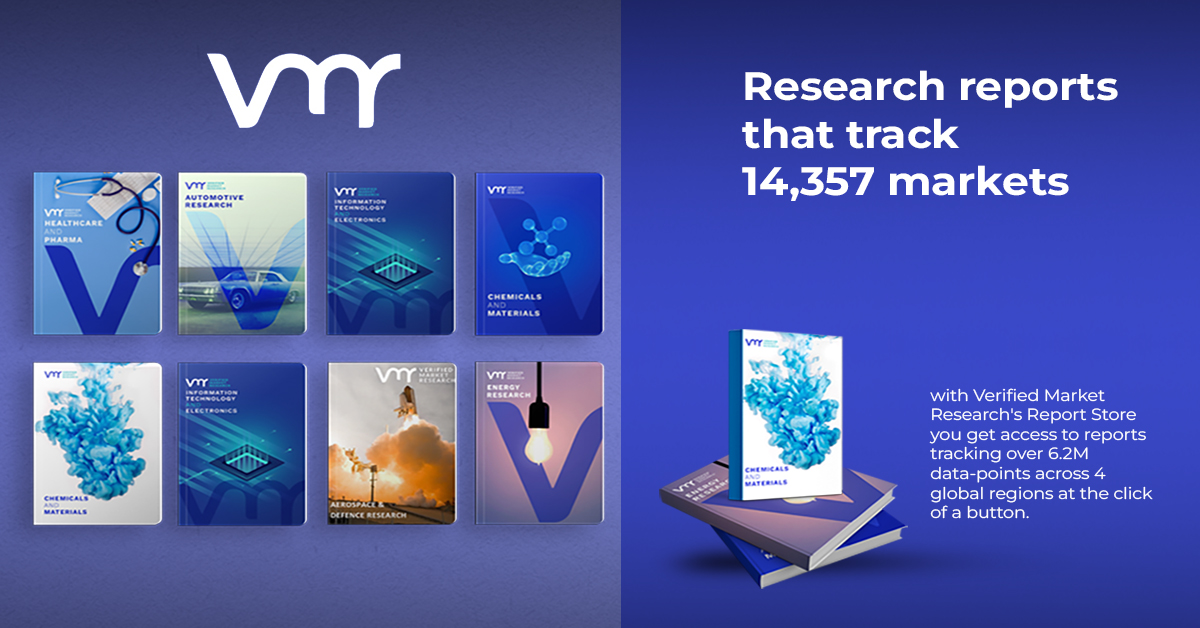Exploring the Quantum Frontier: Key Developments in the Open Source Quantum Computing Software Market
Quantum computing stands at the precipice of revolutionizing industries by solving complex problems beyond the reach of classical computers. Central to this transformation is the burgeoning open-source quantum computing software market, which fosters collaboration, accelerates innovation, and democratizes access to quantum technologies.
Understanding the Open Source Quantum Computing Software Market
Open-source quantum computing software encompasses freely accessible tools and frameworks that enable researchers, developers, and enthusiasts to design, simulate, and implement quantum algorithms. These resources are pivotal in advancing quantum computing by providing a collaborative platform for innovation.
Market Growth and Projections
The global quantum computing software market is experiencing rapid expansion. In 2023, the market size was estimated at USD 779.2 million and is projected to reach USD 904.8 million in 2024, reflecting a compound annual growth rate (CAGR) of 18.5% from 2024 to 2030, with an anticipated value of USD 2.51 billion by 2030. This growth underscores the increasing interest and investment in quantum computing technologies.
Key Developments in Open Source Quantum Computing Software
- Emergence of Open-Source Frameworks
Several open-source frameworks have been developed to facilitate quantum computing research and application:
- Qibo: An open-source framework for quantum simulation, self-hosted quantum hardware control, and calibration
.
- Qiskit: Developed by IBM, Qiskit is an open-source quantum computing software development framework that enables users to create and run quantum computing programs.
- Cirq: Google’s open-source quantum computing framework designed for creating, simulating, and executing quantum circuits on quantum computers.
- Qibo: An open-source framework for quantum simulation, self-hosted quantum hardware control, and calibration
- Collaborative Initiatives and Foundations
Organizations are fostering collaboration in the quantum computing community:
- Quantum Open Source Foundation (): Supports the development and standardization of open tools for quantum computing.
- Open-Source Quantum Software Projects on : A curated list of open-source quantum software projects available on , promoting community engagement and contribution.
- Integration with Cloud Services
Major cloud service providers are integrating quantum computing capabilities into their platforms:
- Amazon Braket: AWS’s fully managed quantum computing service that provides access to quantum hardware and simulators.
- Microsoft Azure Quantum: Offers a diverse set of quantum solutions, including open-source tools and access to quantum hardware.
- Advancements in Quantum Algorithms and Applications
The development of quantum algorithms is accelerating, with applications spanning various industries:
- Optimization Problems: Quantum algorithms are being explored for solving complex optimization problems in logistics and manufacturing.
- Cryptography: Quantum computing poses both challenges and opportunities in the field of cryptography, leading to the development of quantum-resistant encryption methods.
- Machine Learning: Quantum machine learning algorithms are being researched to enhance data analysis and pattern recognition.
- Educational and Training Resources
Educational initiatives are essential for building a skilled workforce in quantum computing:
- Qiskit Textbook: An open-source textbook providing comprehensive tutorials on quantum computing.
- Quantum Computing Courses: Various online platforms offer courses ranging from introductory to advanced levels in quantum computing.
- Standardization Efforts
Standardization is crucial for interoperability and widespread adoption:
- Quantum Computing Open Source Software Market Research: Reports analyzing the market trends and standardization efforts in the quantum computing open-source software market.
Challenges and Considerations
Despite the promising developments, several challenges persist:
- Technical Hurdles: Quantum hardware is still in the nascent stages, with issues related to qubit coherence and error rates.
- Skill Gap: There is a need for a skilled workforce proficient in quantum computing principles and programming.
- Ethical and Security Concerns: The potential of quantum computers to break existing encryption methods raises significant security and ethical issues.
Future Outlook
The future of the open-source quantum computing software market appears promising:
- Increased Investment: Both public and private sectors are expected to invest more in quantum computing research and development.
- Broader Adoption: As quantum hardware becomes more accessible, the adoption of quantum computing solutions across various industries is anticipated to grow.
- Enhanced Collaboration: Open-source initiatives will continue to play a pivotal role in fostering collaboration and accelerating innovation in quantum computing.
The open-source quantum computing software market is a dynamic and rapidly evolving field. The developments in frameworks, collaborative initiatives, cloud integrations, and educational resources are laying a solid foundation for the future of quantum computing. While challenges remain, the collective efforts of the global community are steering quantum computing toward a transformative impact on technology and society.










